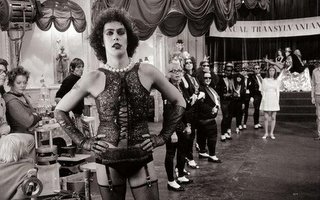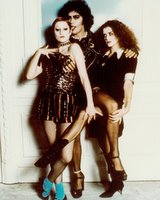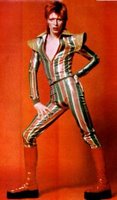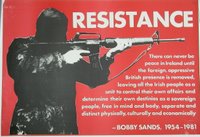The director of “Breakfast on Pluto”, Neil Jordan, has created what Wikipedia describes as an “idiosyncratic body of work”. It could therefore be considered that Neil Jordan is an auteur. One key fact that links Jordan with the auteur theory is that actor Stephen Rea has appeared in all his films to date, in Breakfast on Pluto he plays Bertie the magician.
There are also recurring themes throughout his work, such as unconventional sexuality and sexual relationships. Also, similarly to Stanley Kubrick or Martin Scorcese, Jordan takes characters who are not conventionally likeable and encourages the audience to empathise with them. This is shown in “The Crying Game” with IRA terrorist Fergus (Stephen Rea) and transgendered Dil (Jaye Davidson) and in “Breakfast on Pluto” with protagonist Kitten (Cillian Murphy).
Another recurring theme is the Troubles in Northern Ireland. Jordan was born in County Sligo, Ireland, in 1950. The Troubles- “a period of sporadic communal violence involving paramilitary organisations, the Royal Ulster Constabulary (RUC), the British Army and others in Northern” – took place from the late 1960s until 1998. They therefore affected him, in particular as he was related to one of the victims of the Dublin and Monaghan Bombings in 1974.
Wikipedia also says: “The Crying Game and Breakfast on Pluto both concern a transgendered character, both concern the Troubles, and both feature frequent Jordan leading man Stephen Rea. The two films, however, are very different, with Crying Game a realistic thriller/romance and Breakfast on Pluto a much more episodic, stylized, darkly comic biography.”
Filmography:
· Angel (1982)
· The Company of Wolves (1984)
· Mona Lisa (1986)
· High Spirits (1988)
· We’re No Angels (1990)
· The Crying Game (1992)
· Interview with the Vampire (1994)
· Michael Collins (1996)
· The Butcher Boy (1998)
· The End of the Affair (1999)
· The Good Thief (2002)






